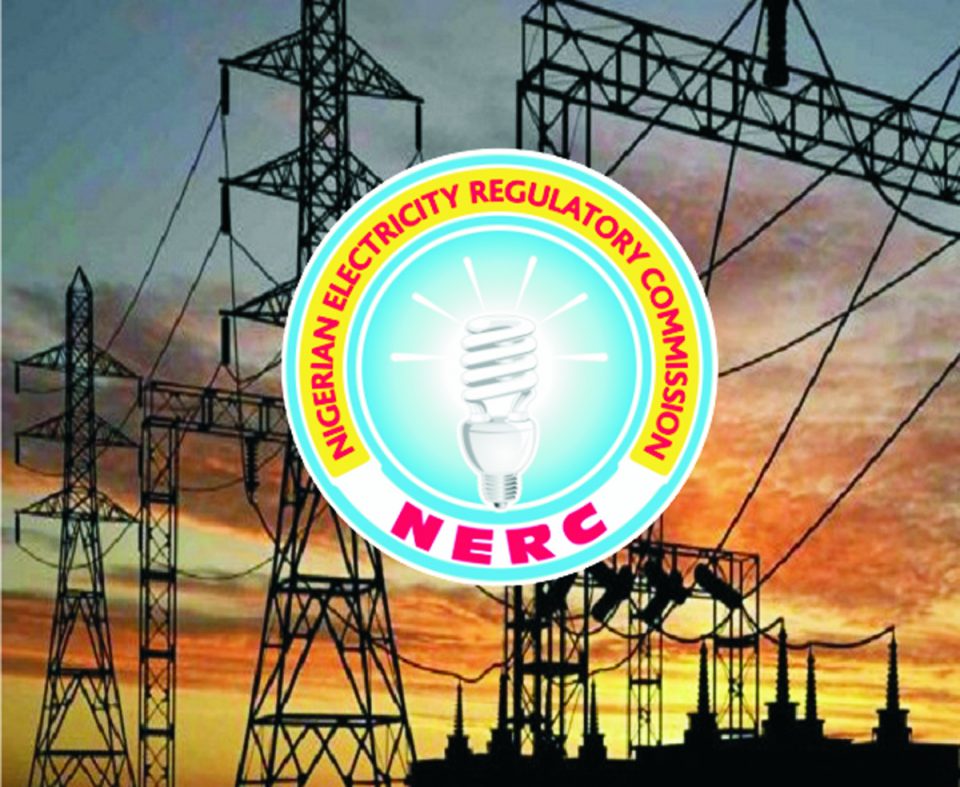The Nigerian Electricity Regulatory Commission has inaugurated three working groups for the implementation of the new Electricity Act 2023.
President Bola Tinubu had signed the new Act in June 2023, removing electricity from the exclusive list and giving states the power to generate and regulate power in their domains.
As a result, the Chairman of NERC, Sanusi Garba, on Monday inaugurated the Legal and Regulatory Working Group, Engineering and Technical Working Group, and the Commercial and Transaction Group at a stakeholders meeting in Abuja.
According to a series of posts on its X handle, the NERC quoted Garba as saying that the focus of the implementation of the new Electricity Act was in the fact that states would take over the responsibilities of making electricity laws for their areas.
According to him, the NERC will collaborate with states, saying it takes process for states to start regulating electricity.
“The focus in the implementation of the Electricity Act seems to be about states taking over the responsibilities of making electricity laws for their area.
“Arising from the workshop we organised in Lagos, it takes process for states to start regulating electricity in their areas and NERC is collaborating with them on this.
“So, NERC has created three working groups that will focus on potential areas in the Electricity Act that provides that states take over electricity regulation in their jurisdictions. We have the legal and regulatory working group, engineering and technical working group, and the commercial and transaction group,” the NERC boss was quoted as having said.
He explained that the three working groups and the NERC would be discussing key areas in the next three months, stating that “we look forward to the outcomes”.
The NERC Commissioner, Planning, Research and Strategy, Dr. Yusuf Ali, said one of the many facets in the Electricity Act, was “the transitioning of the Nigerian power sector to a two-tier regulatory regime, where we have federal and state regulation.”
Similarly, the NERC Vice Chairman, Musiliu Oseni, admonished members of the working group to give their best so that the report that will be done will be robust enough.
“We all want a good electricity sector; a working electricity market and we want the best for our country. I believe we will try as much as possible to put that in mind as we continue with this exercise,” Oseni had stated.
One of the benefits of the new Electricity Act includes the fact that investors may construct, own, or operate an undertaking for the generation of electricity not exceeding one megawatt in aggregate at a site, or an undertaking for the distribution of electricity with a capacity not exceeding 100 kilowatts in aggregate at a site, or such other capacity as the commission may determine from time to time, without licence.
States can regulate their electricity markets by issuing licences to private investors who can operate mini-grids and power plants within the state.
However, the Act precludes interstate and transnational electricity distribution; and until a state has passed its electricity market laws, NERC will continue to regulate electricity businesses in such states.




